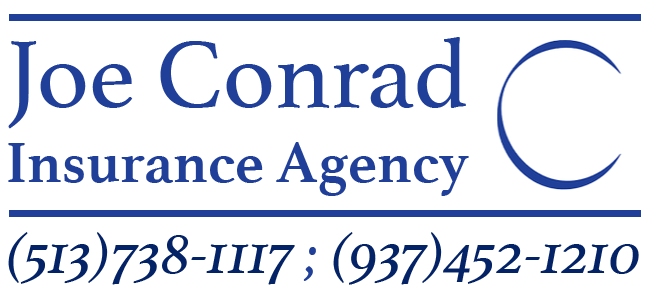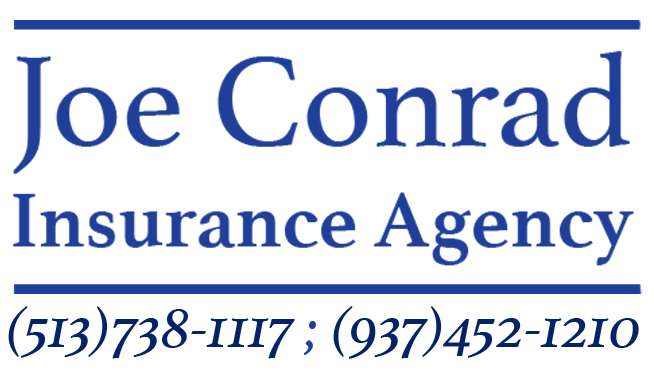Selecting the right insurance for your business is a critical decision that can significantly affect your company's future. With the right coverage, you can safeguard your operations against unforeseen financial burdens. Here are ten essential tips to guide you through choosing the most suitable business insurance.
1. Assess Your Risks
Every business is unique, with specific risks associated with its operations. Conduct a thorough risk assessment to identify potential threats, from natural disasters to cyber attacks. Understanding these risks is the first step in finding coverage that addresses your business's vulnerabilities.
2. Know the Basics
Familiarize yourself with the basic types of business insurance available, such as general liability, property insurance, workers' compensation, and professional liability. Each type offers different coverages and is designed to protect various aspects of your business.
3. Consider a Business Owner’s Policy (BOP)
For small to medium-sized businesses, a Business Owner’s Policy (BOP) can be a cost-effective choice. It bundles general liability and property insurance at a more affordable rate than purchasing them separately. However, ensure it covers all your specific needs.
4. Tailor Your Coverage
No one-size-fits-all policy exists for business insurance. Work with your insurance provider to tailor your coverage to fit your specific business needs. This might mean adding policies such as business interruption insurance or cyber liability insurance, depending on your risk assessment.
5. Understand Policy Details
Before making a decision, read the policy details carefully. Pay attention to coverage limits, deductibles, exclusions, and how claims are paid out. Knowing these details will help you choose a policy that offers adequate protection without any unpleasant surprises.
6. Compare Quotes
Get quotes from multiple insurance providers to compare coverage options and prices. However, don't make your decision based solely on cost. The cheapest option might not provide the comprehensive coverage your business needs.
7. Check Insurer’s Reputation
Research the insurance company’s financial strength and customer service reputation. A financially stable insurer with positive reviews is more likely to provide reliable coverage and handle claims efficiently.
8. Review Your Coverage Annually
As your business grows and changes, so do your insurance needs. Make it a habit to review your coverage annually with your insurance provider to ensure it still provides adequate protection.
9. Don’t Overlook Additional Policies
Depending on your business type, you might need additional specialized policies. For example, if you handle sensitive customer data, consider cyber liability insurance. If your business is home-based, don't assume your homeowner's insurance covers business-related claims.
10. Seek Professional Advice
If you’re unsure about what coverage is right for your business, don’t hesitate to seek advice from an insurance professional. They can provide insights into the types of policies that would best suit your business and help you navigate the selection process.
Choosing the right business insurance requires careful consideration and planning. By assessing your risks, tailoring your coverage, and understanding policy details, you can protect your business against unforeseen events. Remember, the goal is not just to insure your business but to do so in a way that aligns with your specific needs and growth plans.


